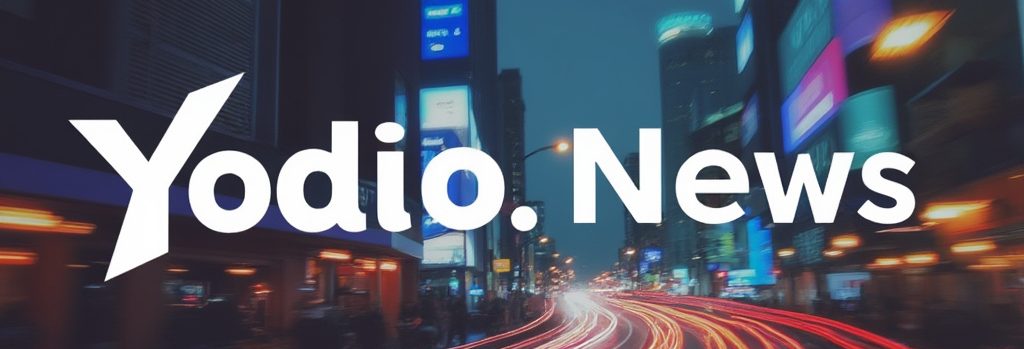They say the grass is always greener on the other side, but after my first day back at work following a much-needed vacation, I’ve come to realize that the grass isn’t just greener; it’s practically glowing with an ethereal light. Here I am, sitting at my desk, the emails piling up faster than I can delete the old unread ones, and there’s a stark realization settling in: I need another vacation, and I need it soon.
The concept of post-vacation blues is universally acknowledged yet seldom discussed with the urgency it merits. There’s something profoundly disorienting about transitioning from the serene, unhurried pace of vacation life back into the relentless whirlwind of office dynamics. The first day back is not just a physical return to work; it’s a psychological leap into the deep end of productivity and responsibility.
This year, my vacation was spent in the serene landscapes of New Zealand, where time seemed to slow down. Mornings were greeted with the gentle chorus of native birds rather than the shrill of an alarm clock, and the days were spent exploring nature, disconnected from the incessant notifications of work emails. The experience was rejuvenating, not just physically but mentally. It rekindled a sense of wonder and curiosity that the daily grind often extinguishes.
However, stepping back into the office, the contrast was stark. The fluorescent lights felt harsher, the coffee tasted more bitter, and the office air was thick with tension rather than the fresh mountain breeze I had grown accustomed to. Here’s where the inspiration struck: if a vacation can alter one’s perception so dramatically, why not make it a regular part of life’s rhythm?
The productivity paradox is real. Studies have shown that taking breaks can significantly boost creativity and productivity. A well-timed vacation can reset your mental state, providing a fresh perspective that often leads to breakthroughs at work. Yet, many of us, myself included, treat vacations as a luxury rather than a necessity, something to be earned rather than a regular part of maintaining our mental health.
Here’s my proposal: let’s normalize the cycle of work and vacation. Instead of viewing vacations as mere escapes from work, we should see them as strategic pauses that enhance our work life. My first day back has taught me that the dread of returning to work isn’t just about the work itself but the abruptness of the transition. If vacations were more frequent, perhaps this shock could be mitigated, leading to a workforce that’s happier, more creative, and, ultimately, more productive.
I’ve already started planning my next getaway. This time, it’s not just about the allure of new destinations but about maintaining my productivity and mental health. I’m looking for a place that offers relaxation but also stimulates creativity – perhaps a quiet retreat with workshops or a city known for its cultural vibrancy.
To my fellow workers, I suggest: don’t wait for the next big holiday or for burnout to dictate your rest. Book that vacation, plan that trip. Let’s make vacations a part of our work culture, not an afterthought. After all, in the grand scheme of our careers, a well-rested mind is one of our greatest assets.
So here I am, amidst the hum of office life, already dreaming of the next horizon. Because now, more than ever, I understand that to truly excel at work, sometimes you need to excel at taking a break.




